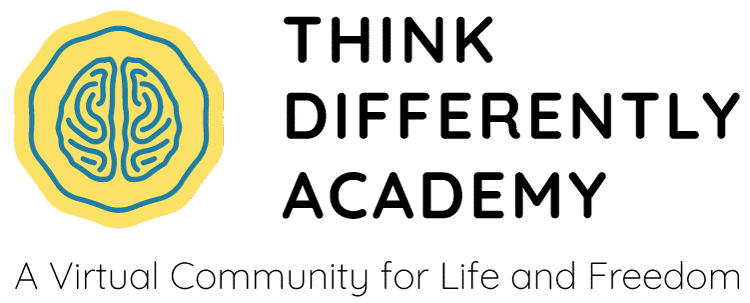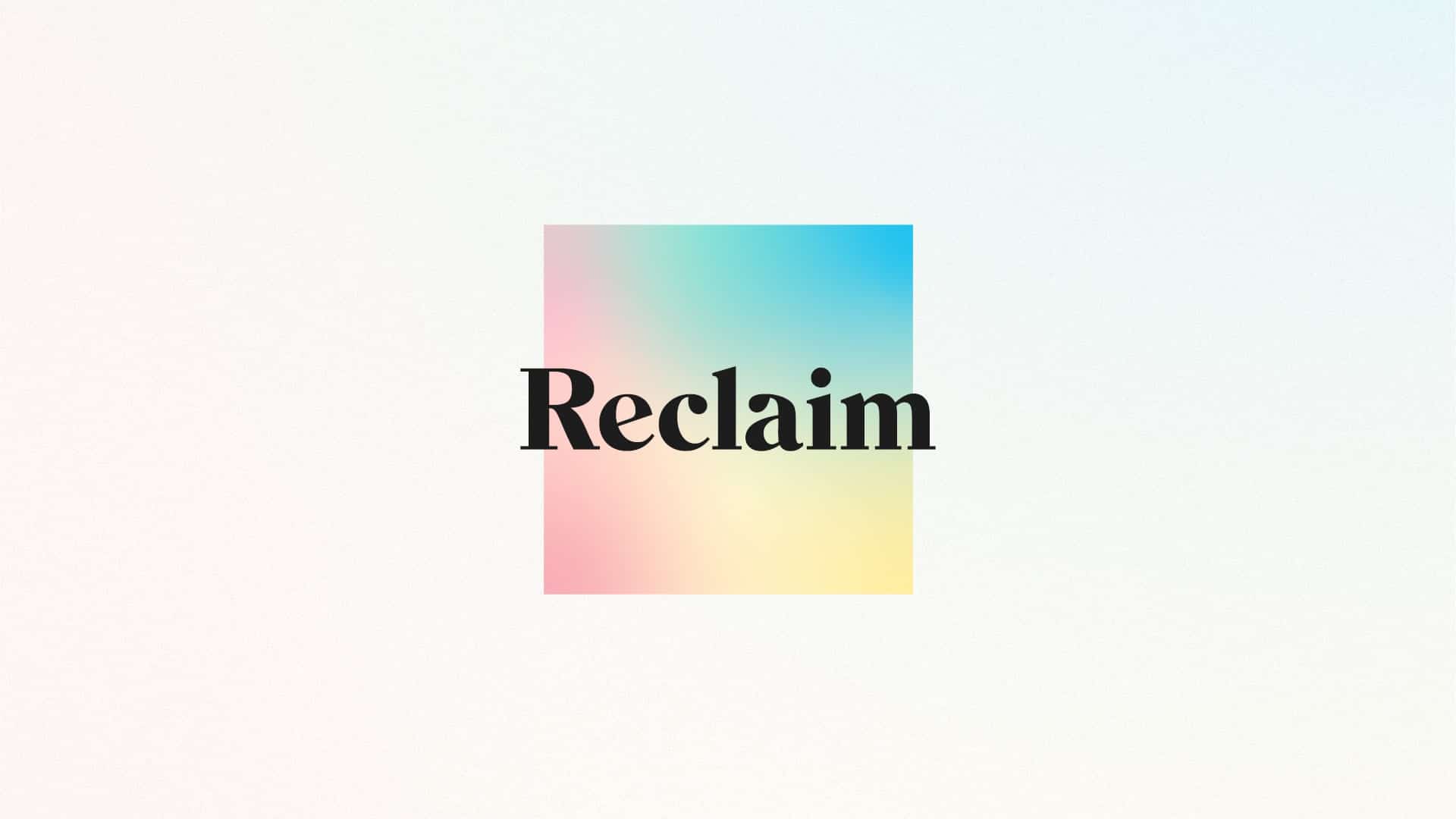Several years ago, I was told that an author had cited my work in their book. I looked at their work and saw that they had directly quoted me and had given thorough and appropriate citation, pointing people to my work, while using my work to support their ideas.
I wrote to her and thanked her for both using my work, and for giving appropriate attribution to the source. We have become both friends and colleagues. This is how we can work together and impact more people in deeper ways. Sadly, this is not usually the norm.
Over the years, I have found numerous memes created by people with quotes from my books or videos yet they put their own name on it as if the quote or idea came from them. I also discover people teaching my material (which is of course desirable, unless done without appropriate attribution) and putting the ideas, or language into media with the implication that this is their idea, language or concept. Sometimes I even find people earning money utilizing my work.
Plagiarism, the theft of someone else’s intellectual property, is a problem. It is an even greater problem in the Christian world. Some of the problems with the theft of ideas are unique to a Christian worldview.
As an author, speaker and creator of original content over the years I want to address this
My issue with ideas, language and memes is not the same as the heartbreaking case of Christine Caine plagiarizing pages and pages of work from Carey Scott. Both situations represent the idea that Christians in particular should have a higher standard regarding plagiarism here is why
First, we all represent the core belief that “You can know the Truth and the Truth will make you free”. When the very process by which we communicate is itself deceptive we tell our audience one thing with words and something very different with conduct. The word “Truth” in the verse referenced above means reality. The implication of stolen work is that this author does not truly value truth or reality.
Second, while the legal issue is plagiarism, the spiritual issue is honor. We talk about honor as a high value while the act of intellectual piracy is a public demonstration of dishonor. Complete disregard is shown for the original creator and the plagiarist exalts themselves above the author in the public eye.
Third, and perhaps most egregious, I would represent Christianity, not as a set of creeds, but as an ongoing connection to our Creator, by which we “live and move and have our being…” (to quote Paul) I do not “create content” by thinking really hard, or by doing research. My content is a direct result of cultivating my own relational, communicational connection to God Himself. I believe this should be the method not just for content creators, but for believers as a whole.
For a “Christian author” or speaker to represent someone else’s work as their own, ruptures the very core process of the Christian life and then represents this broken process as the norm.
The soul work involved in submitting my mind and pen to the inspiration of the Spirit is mine alone, but I would hope that it would move others to do that same work and find what unique voice God would give them as they surrender to the Breath of Life moving through them
Fourth, for many content creators, their content is their livelihood. The Christine Caine issue highlights this. Carey Scott worked hard, cultivating her healing journey and allowing God to turn her story of pain into her message of hope. Her platform (the livelihood of a content creator) was grown slowly and organically as she submitted her heart and her pen to the Spirit of God.
When Christine Caine, (most likely, not the person, but the content machine behind an already established platform) allowed Carey’s work to be represented as her own, she took profits and visibility away from someone who had been doing their own work likely for years. If Caine gained from Scott’s work, it would have been a small, but very Christlike gesture to simply cite her source and point people to Carey and her work. Caine would lose nothing, and Scott would actually receive the benefit of years of sowing and reaping from her own connection the God.
While plagiarism is an ethical issue it is particularly problematic for believers. This is true not simply because we should “have a higher standard” but because our worldview and basic processes of our faith should move us toward honor, integrity and most of all a lifestyle where each of us discovers our unique identity and our unique voice.
It is a small act, with large and sweeping spiritual implications to say, “This author impacted me and I want to share their work, but I also want to point you toward that author for your benefit as well as theirs.

